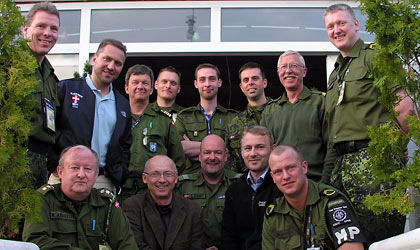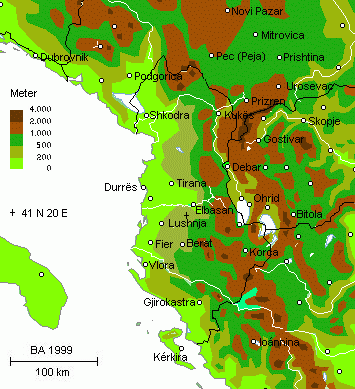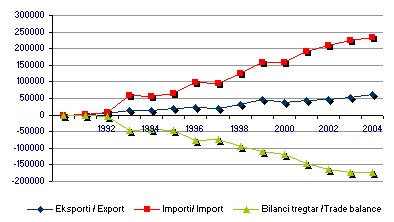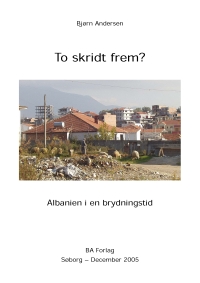Sidste Nyt fra Albanien, Kosóva og Makedonien
The Latest News from Albania, Kosóva and Macedonia
# 302 - 8' årgang - 12.05.2006
Version 1.0 •
PDF for printing •
Info om »Sidste Nyt«
Udgiver:
Bjørn Andersen
Publisher:
Bjoern Andersen

Præsident Moisiu, Premierminister Berisha, Parlamentsformand Jozefina Topalli m.fl. har deltaget i 5. maj-højtidelighed
![]()












